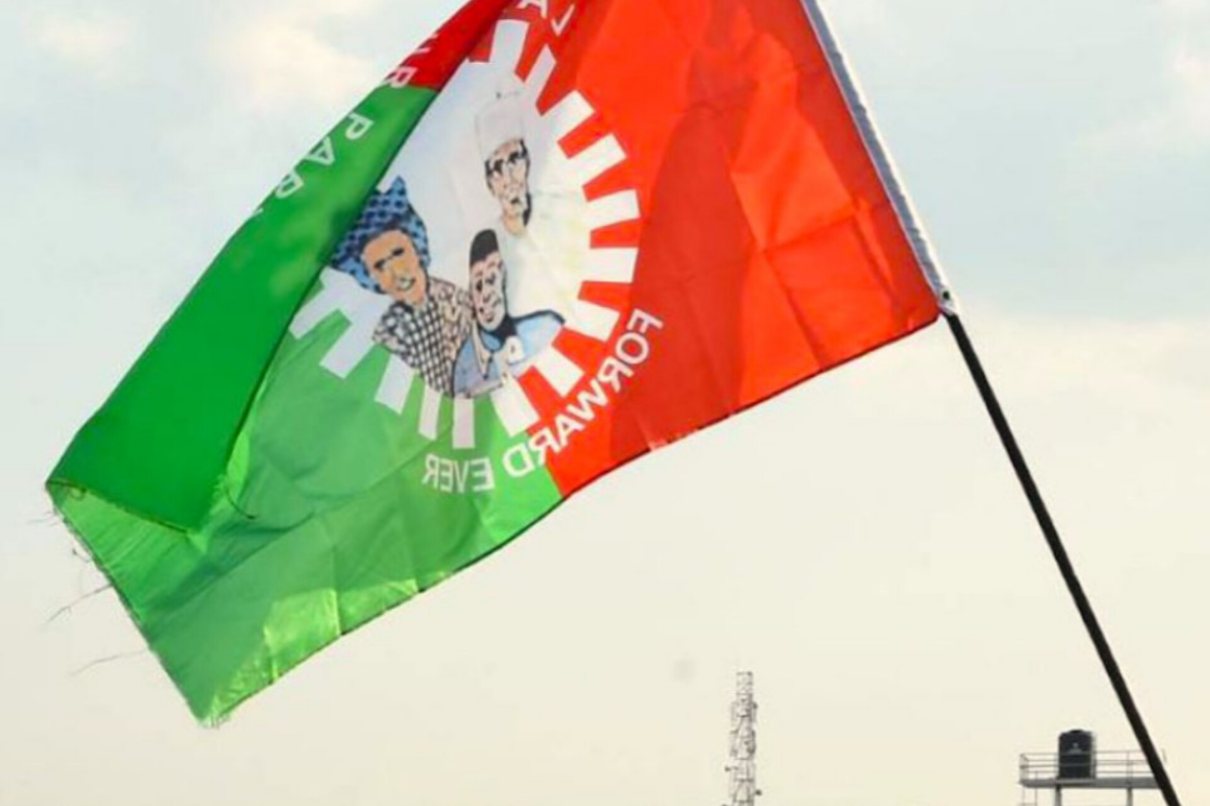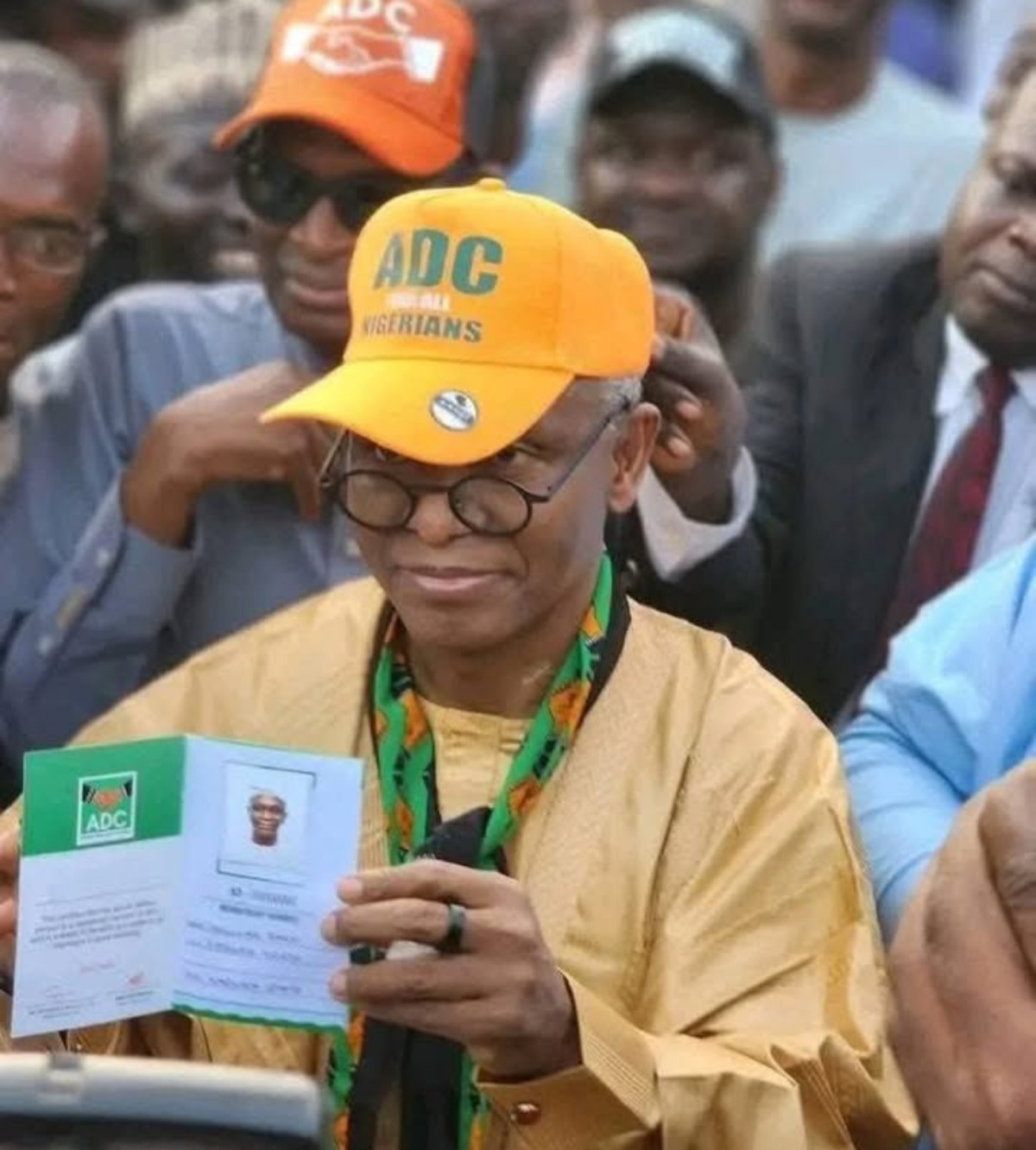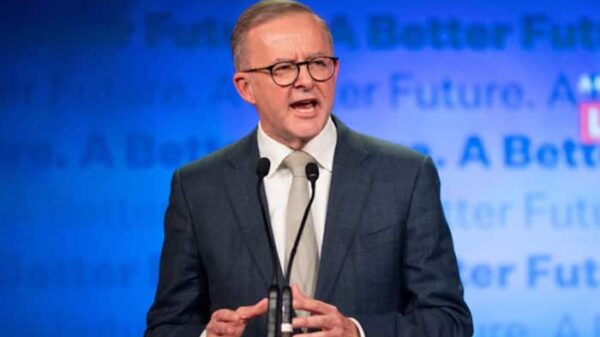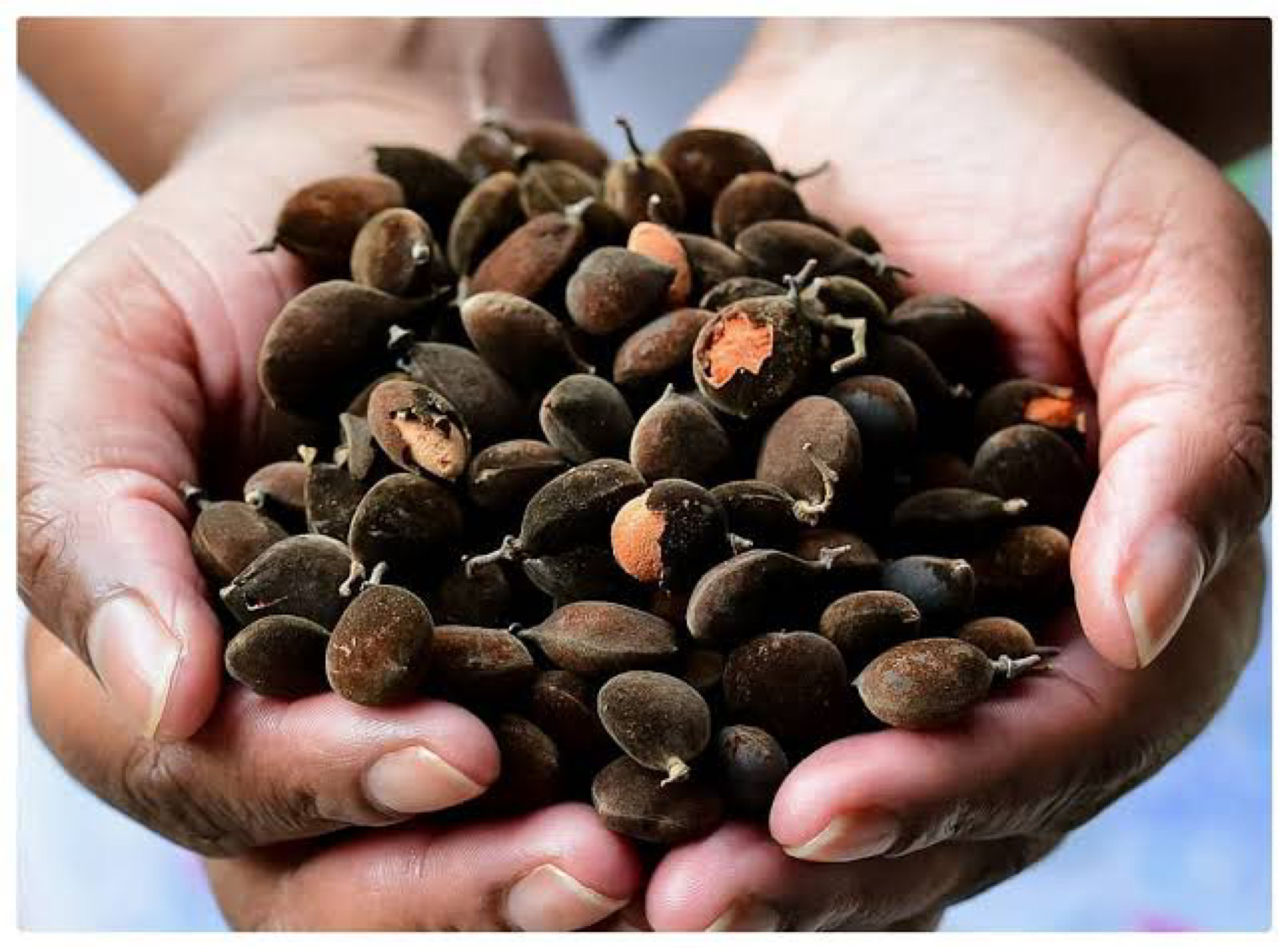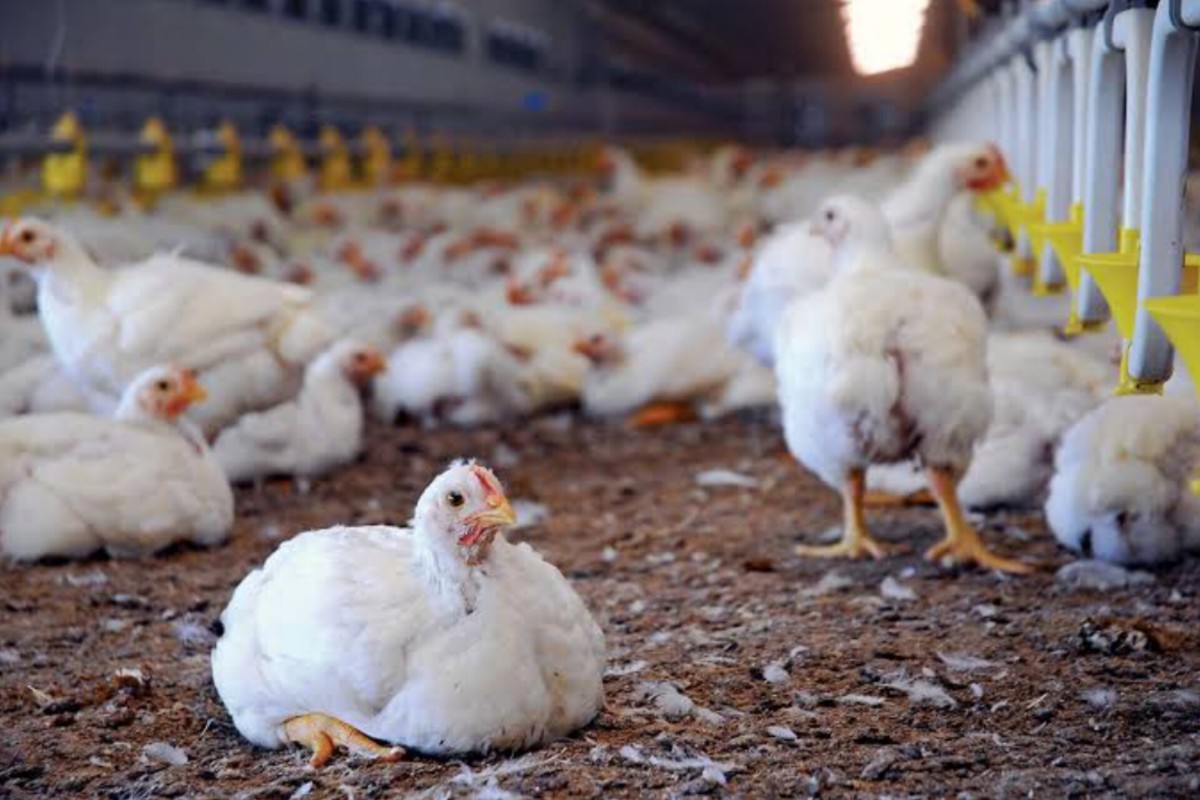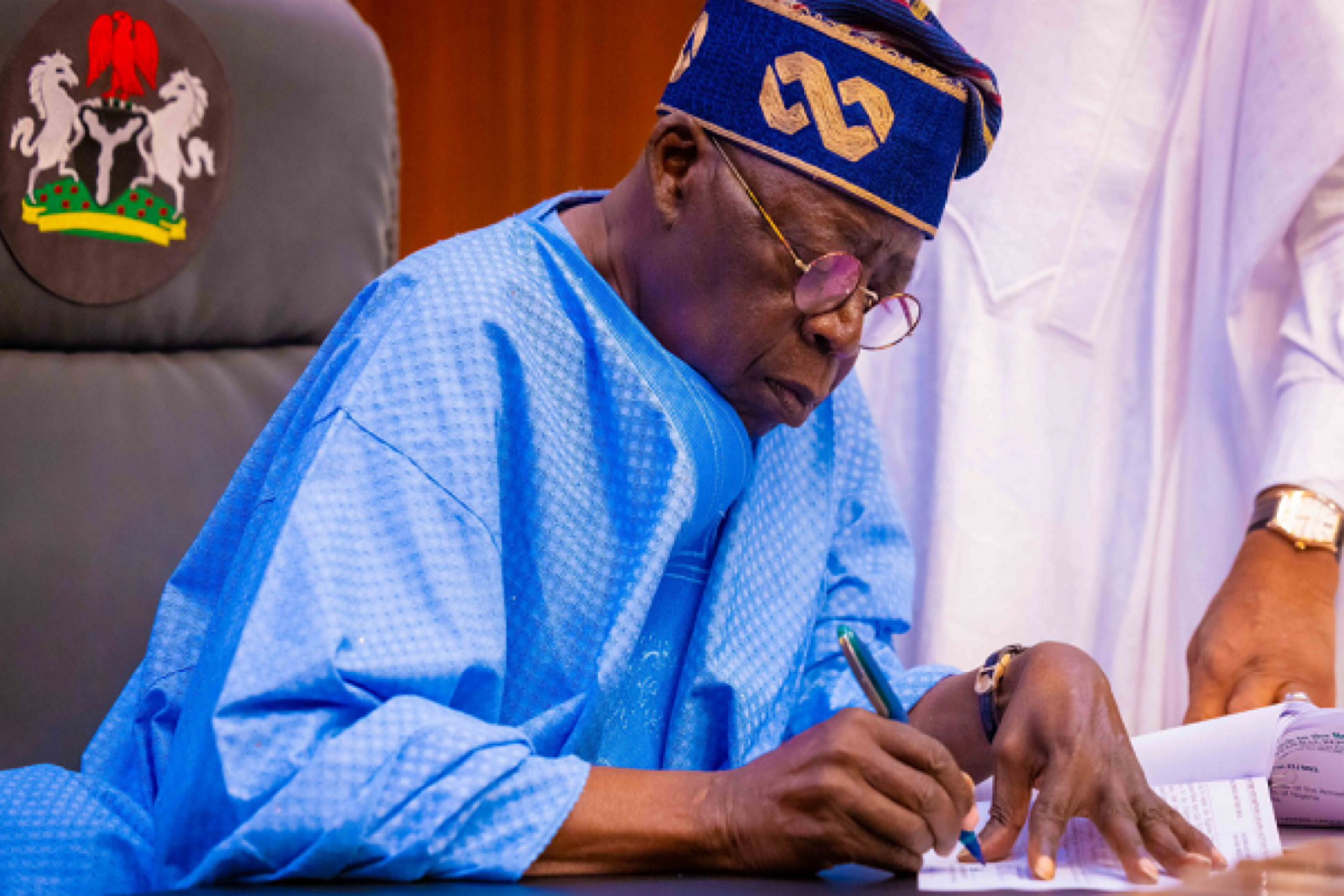At the 78th session of the United Nations General Assembly (UNGA), the federal government of Nigeria lavished a whopping $507,384 on President Bola Tinubu’s hotel accommodations.
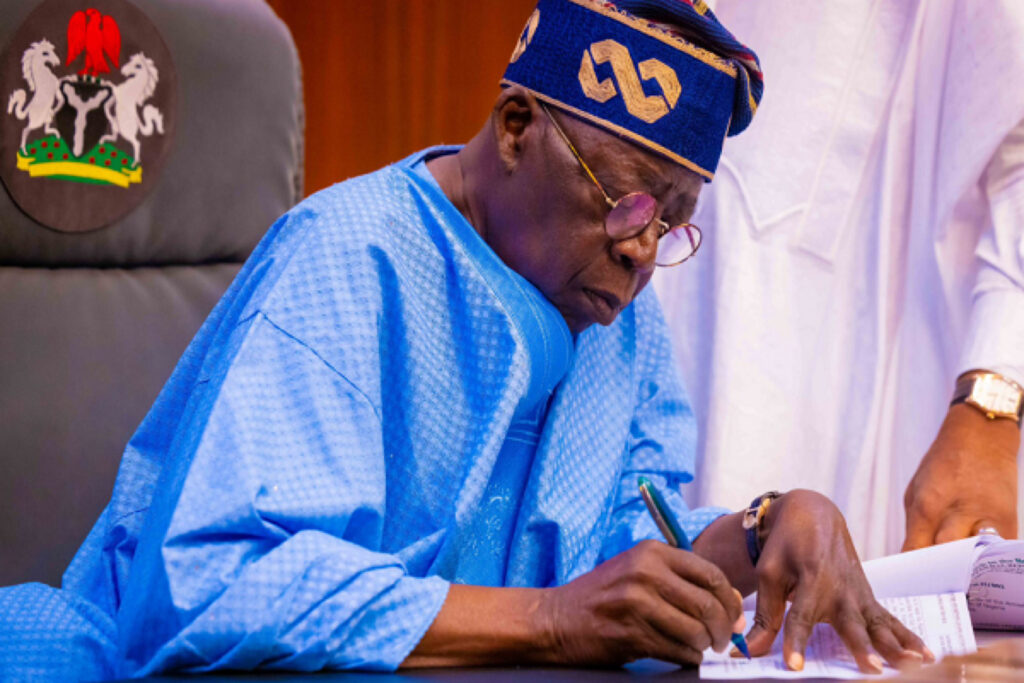
$507,384 is equal to N390,690,753 when converted to Naira using the current exchange rate.
The expense of the rooms reserved for Tinubu and his close aides at the St. Regis Hotel in New York from September 16 to 23 was covered by $422,820 (N325.5 million), according to a document dated September 11, 2023, and received by The Foundation for Investigative Journalism (FIJ).
Additionally, the letter reveals that the remaining $84,564 (65.1 million Naira), or 20% of the cost of the hotel reservation, was used for incidentals.
The cost of services and amenities that are not included in the room rates is referred to as a hotel’s incidental charges, even though the memo does not break down the incidentals.
The price of a hotel, including taxes and fees, can range from $915 per night to $17,273 per night, according to a search of the St. Regis Hotel website.
The president was the recipient of a memo with the subject line “Re: Mr. President’s Participation at the 7th Session of the United Nations General Assembly (UNGA), New York from September 17th-23rd 2023,” which was signed by Adebiyi O. Olufunso, the permanent secretary of the White House.
FIJ is aware that the memo’s principal objective was to obtain the president’s consent. “Payment authorized as requested” was written on the memo, indicating that the president had given his approval for the payment.
According to the paper, “Federal Ministry of Finance and Office of the Accountant General of the Federation has been informed and are on standby to pay as soon as Mr. President approves.”
The note further pleaded with the president to give the Federal Ministry of Finance, Budget, and National Planning the go-ahead to make the required procedures for the release of the cash from the 15% Wheat Grain Levy Pool Account.
According to FIJ, in 2012, the federal government imposed a 15 percent tax on imported wheat grain. The tax was designed to lower the cost of imported food and encourage Nigeria’s self-sufficiency in the production of wheat.









